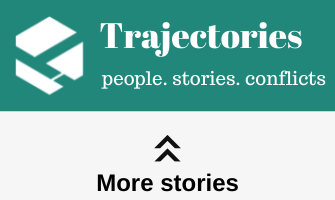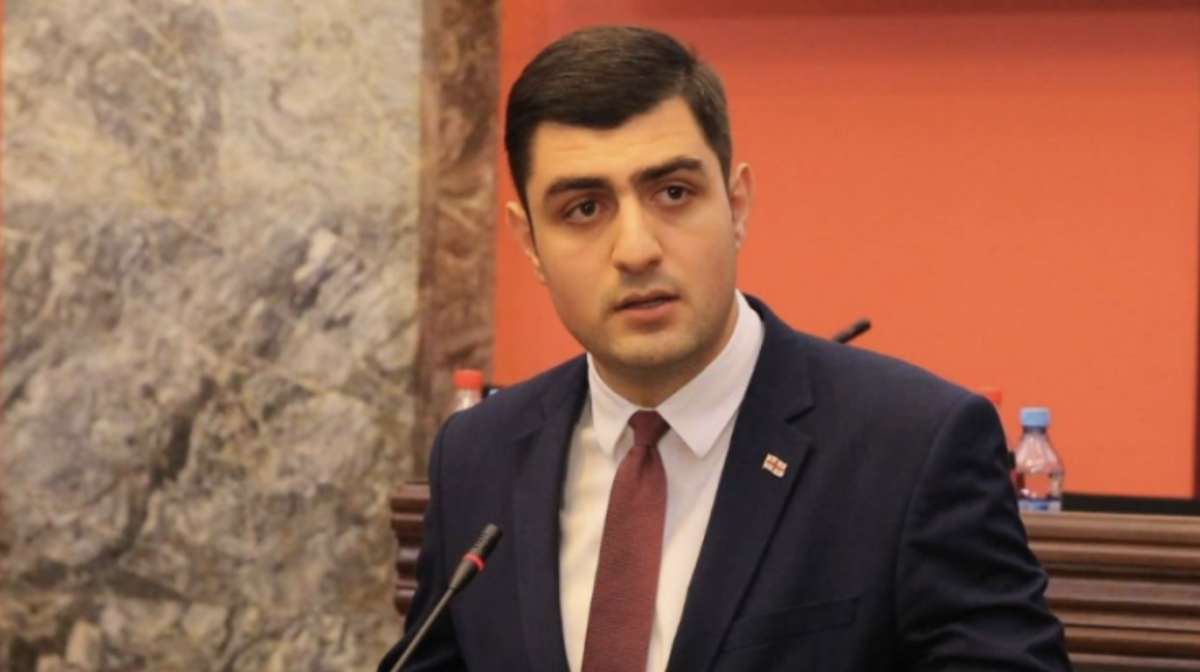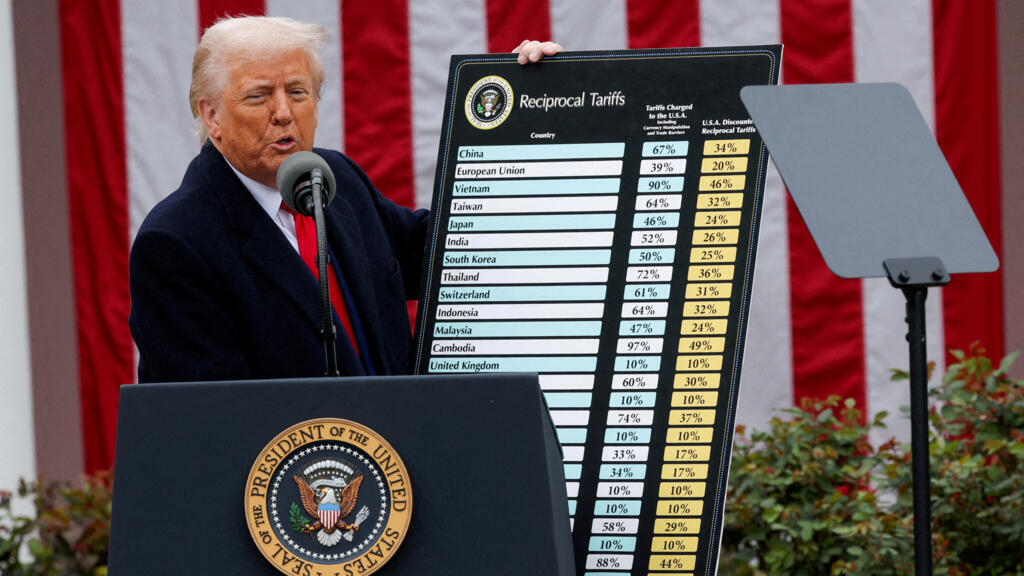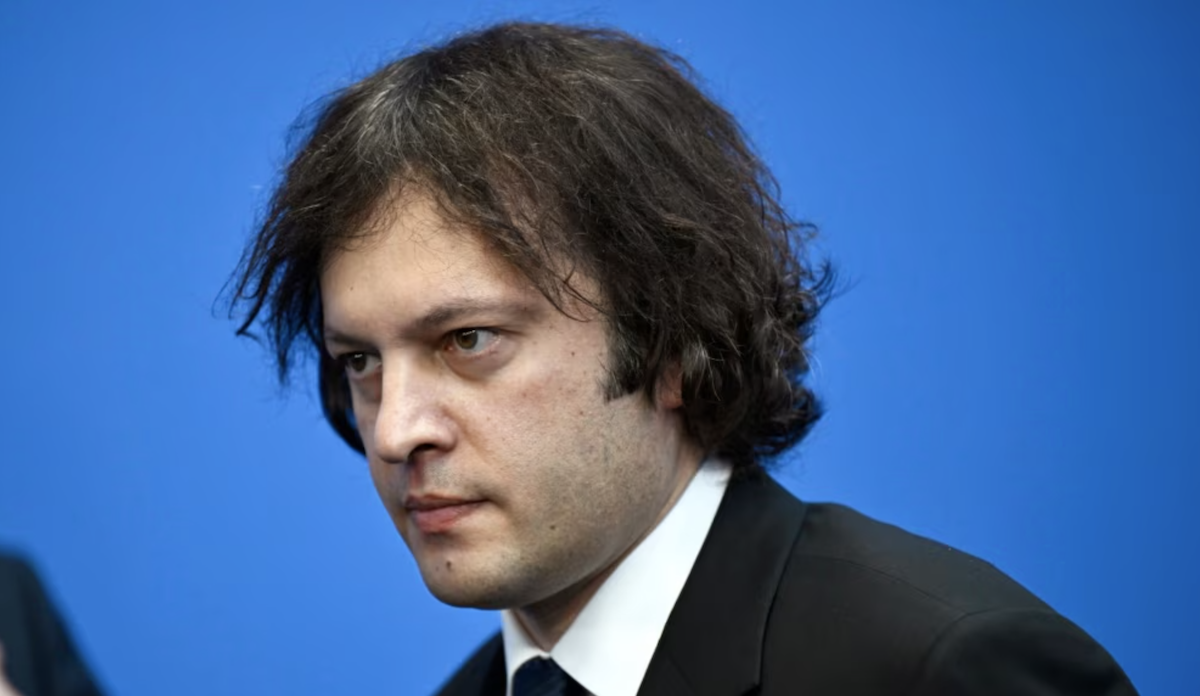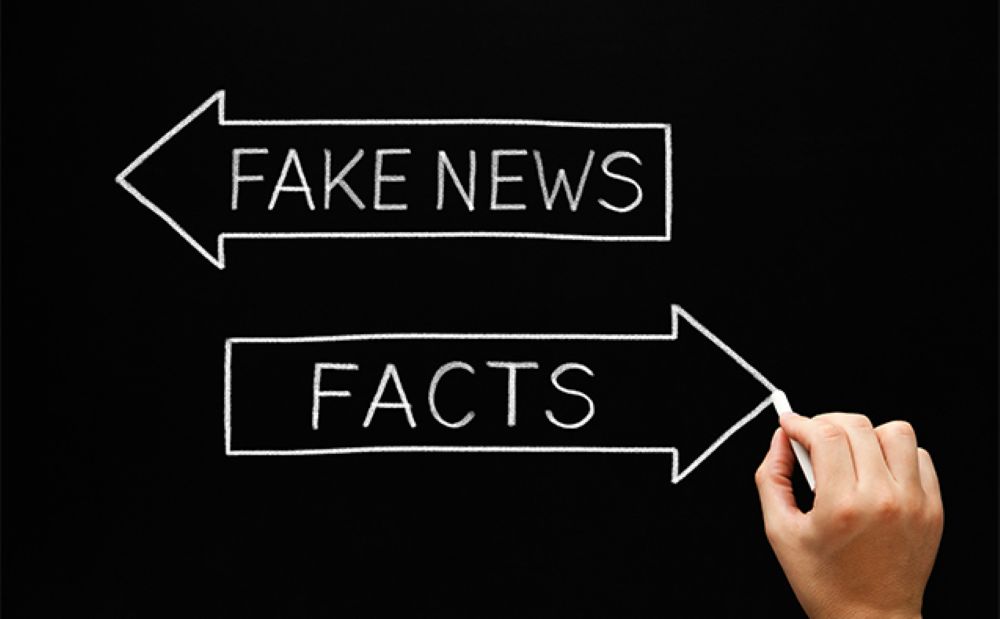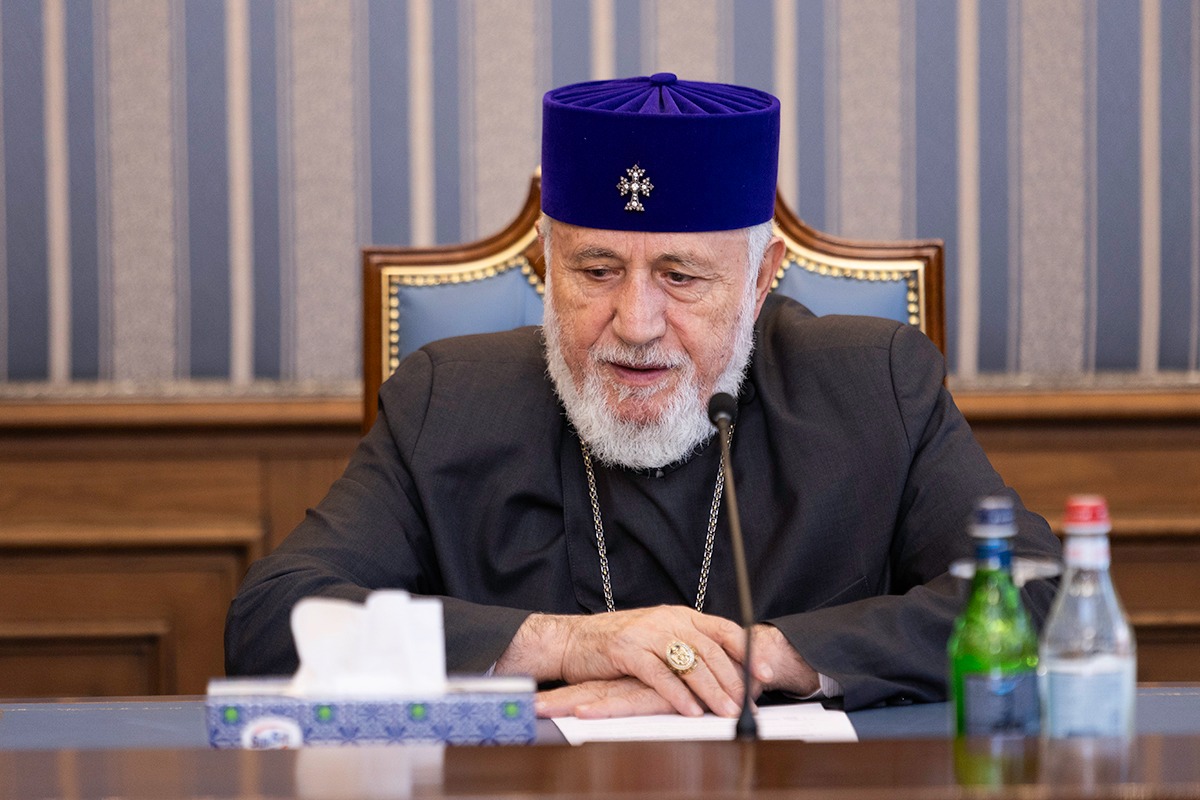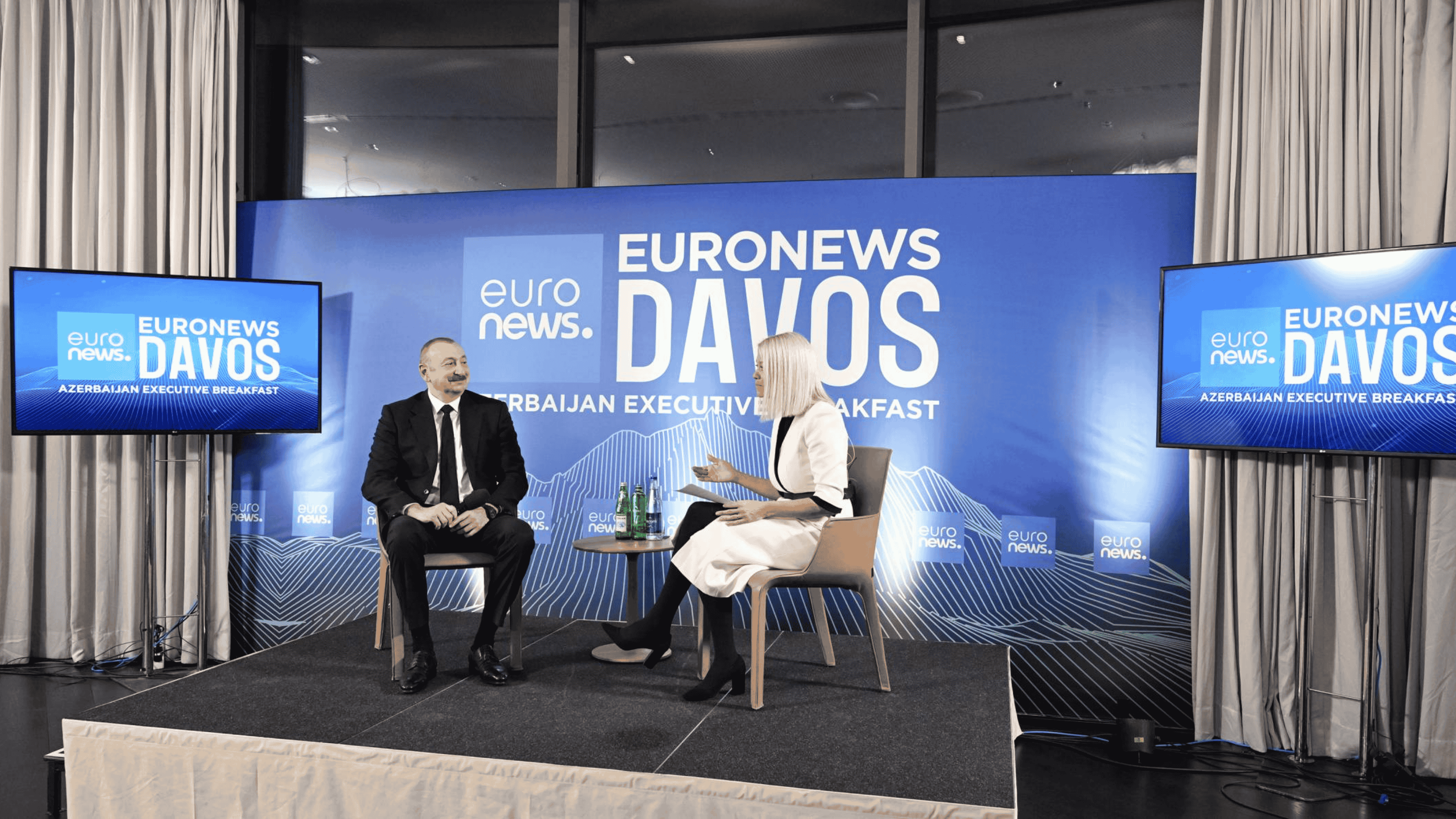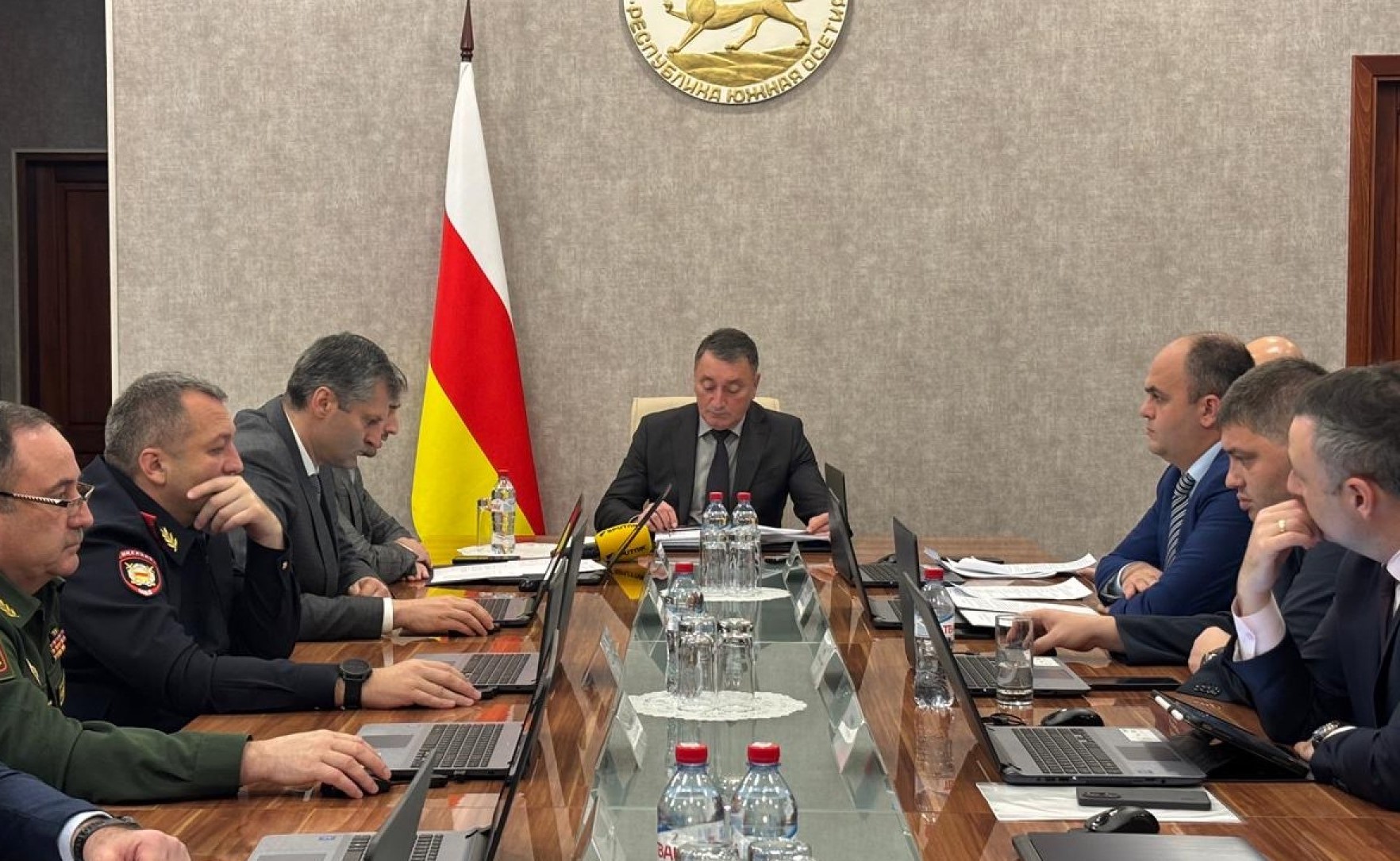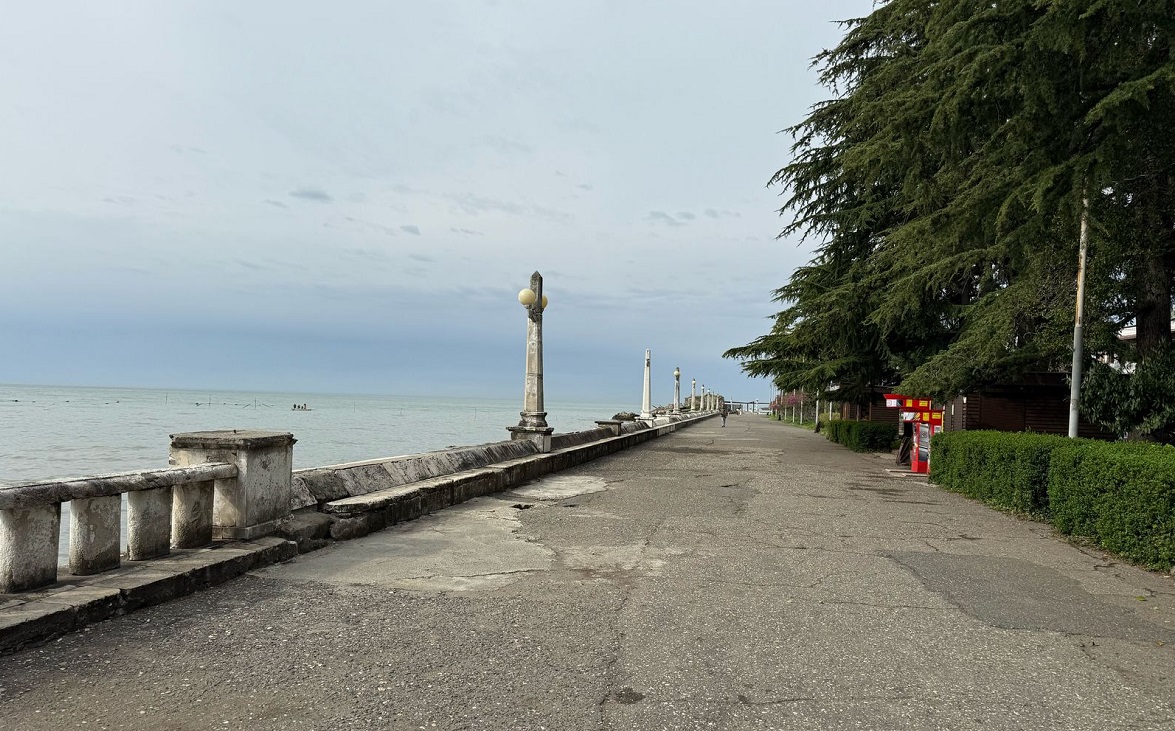“They should know that we have an enemy” - children and the Karabakh conflict
Children in Armenia and Azerbaijan and the Karabakh conflict
The societies of Azerbaijan and Armenia, divided by the Karabakh conflict, have become even more distant from each other following the hostilities of 2020.
In both countries, it is widely believed that “children should know their history and their enemies” in order not to repeat the mistakes of previous generations.
At the same time, many in Azerbaijan and Armenia are convinced that it is in the neighboring country, not in theirs, that children are taught to hate the neighboring people.
What do families teach children, what do they tell them about the Karabakh conflict? We asked young parents in Armenia and Azerbaijan.
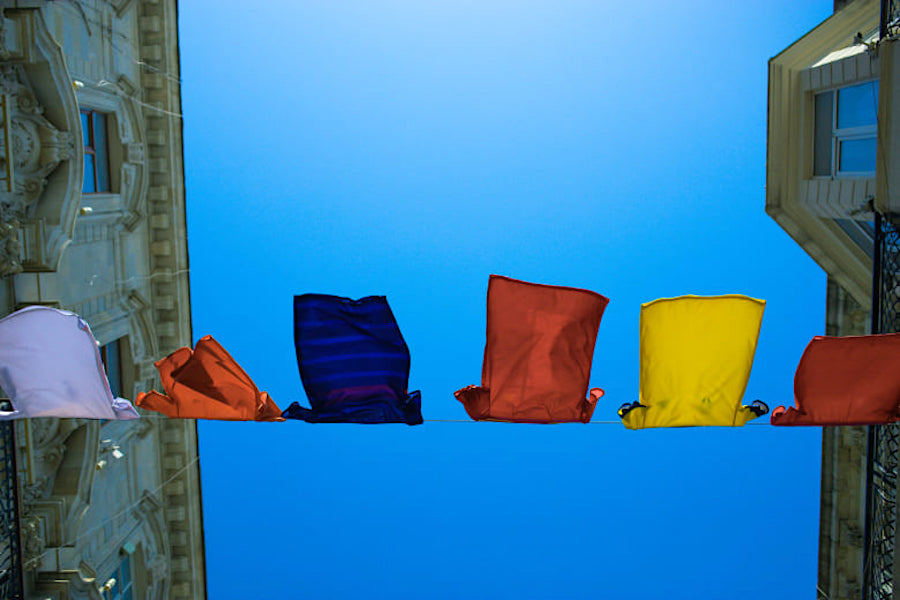
Tamerlane, Baku, one son, 4 years old
“Most likely, I will not have to explain anything to him. The school will teach him everything. And if he still has questions, then I will explain everything incomprehensible.
However, I cannot say that I completely trust the school – if it works out, I would sit in the lesson myself. Another question arises – how will the child understand all this? Will he be able to grasp? I think that everything will start from the basics – that war is bad, but that it was inevitable.
But when he grows up, I’ll go into details – about the reasons and what consequences this conflict has led.
The first and second wars are radically different from each other in terms of the “mood” that accompanied them. The first war was a reaction to the aggression and horrors that the Armenians were committing. I will explain everything to him. I will not smooth things over by saying that “it was a long time ago” and “we have already won”.
The first war is very simple to explain – people who were misinformed or simply brought up in aggressive nationalism, seeing that the big empire [USSR] collapsed and having an advantage in the form of underground organizations, decided to seize lands that, in their opinion, historically belong to them.
The second war is a revenge that people have deserved for 30 years of humiliation. I will tell my child that when our people left the country, they heard phrases like “you couldn’t even defeat the Armenians”. All this energy had to pour out into the war – this is how I will explain it to my child.
I will definitely tell him how the Armenians bombed peaceful cities, how families lost their breadwinners. In general, I will talk about Armenian Nazism, about this idea of Armenian nationalism, inadequate for the 21st century.
But I will not mold the Armenians into enemies. I’ll just say that they are subject to such a destructive idea, which led them to a dead-end, that they became its hostages.
And that when they have developed democracy, part of the population will sober up.”
Hermine, Yerevan, two sons, 9 and 6 years old
“When my sister’s family moved to Artsakh [Karabakh], her children took part there, in a kindergarten, in a military-themed event. Almost all of the participants were wearing military uniforms.
This raised a number of questions, and we decided to talk about it with our boys. We told them that there was a genocide, that the Turks (she considers Turks and Azerbaijanis as one nation – ed.) are very close to us, but they do not like us.
My sons asked: will we have to kill themif we meet a Turk or an Azerbaijani on the street? Of course, we said no, but you need to be vigilant.
Our goal was not to sow animosity, we just wanted the boys to know what geopolitical environment we live in.
On the day the war began, my family and I were going to go for a walk. The children were very scared. We explained that a war had begun, that men had to be ready and waiting.
The children asked different questions, they said: you said that we should not kill them, but now why do they want to kill us?
We tried to avoid the answers, but when my husband was drafted into the army, his emotional state only worsened.
But my sons helped me, they constantly reminded me of my own words – that tears do not help solve problems.
If before the war I doubted whether we were doing the right thing by telling them about our enemies, then after the war my doubts were dispelled. I became convinced that one of the reasons for our defeat was shortcomings in military-patriotic education.
Let there be even more love for Motherland, the realization that we live in a dangerous place. I believe that my sons should know what this nation is capable of, at least for their personal safety, in order to be vigilant in other countries.
They should not think that, they say, nothing, the neighbor’s boy will go to war, and we will sit out. I am in favor of deeper military education in our country.”
Psychologist Jana Javakhishvili comments on the issue of patriotic education:
“When the conflict is not resolved, the parties have not come to a mutually acceptable agreement, when one or another side (or both sides) do not reconcile with its outcome – there is a risk of transmission of the conflict from generation to generation.
In particular, in this case, the generation of parents, psychologically, transfers the burden of the unresolved conflict to the next generation, to their children.
In psychology, in this case, the word “depositing” is used – that is, parents “make a deposit” – they turn the next generation into a “reservoir” of their unresolved problems and strong negative emotions associated with the conflict.
One of the ways trauma is passed down from generation to generation is through narratives of conflict and traumatic experiences.
These narratives are conveyed through textbooks, memorials, museums, media, stories from parents, teachers, etc. Thus, the younger generation becomes a “reservoir” and experiences the deposited emotions of their parent’s generation (fear, humiliation, anger).
They also receive an explicit or veiled parental order to fight, “fix the past”.
The cycle of conflict does not end. This becomes an “open wound” and a burden for the younger generation, which makes them vulnerable to political manipulation.”
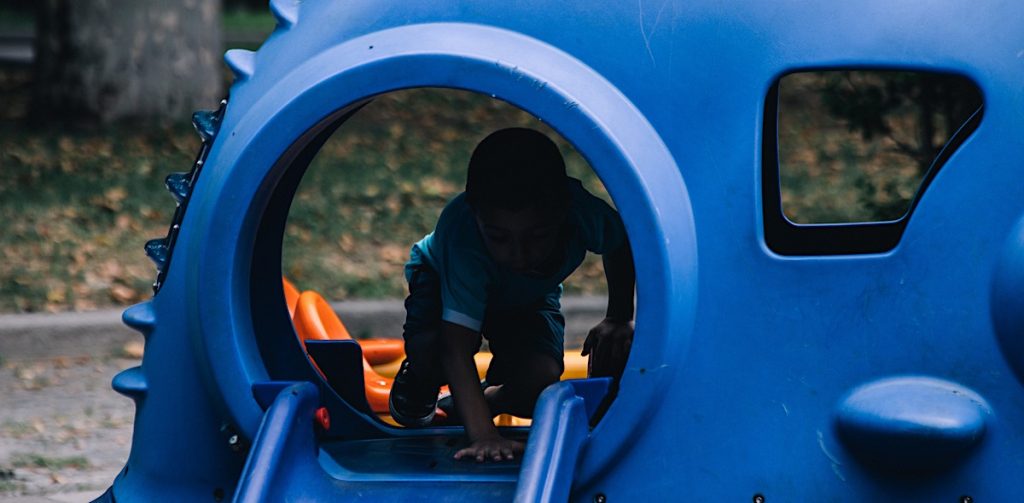
Ashot, Yerevan, judo coach, 6-year-old daughter and 2-year-old son
“I don’t think that an Azerbaijani could be our friend. And I will raise my children with such understanding because the Turks [meaning Azerbaijanis – ed.] Will never give up the idea of exterminating the Armenians.
The word “peace” has no meaning for them, it is impossible to live in peace with them. If we want to live in peace and tranquility, we must be ready for war.
If you are ready for a challenge, then when it comes, you accept it with less pain and less stress.
We were not ready for the last war․ And so I want our children to be ready and know what’s what when it’s their turn.
I do not mean that we should prepare for a new war, but we should always wait for a possible war and prepare for it.
And when my child goes to the army, he should know where he is going.
My wife and I have not yet talked with our children about the enemy, about the war, because they are still small.
But when they grow up a little, we will definitely tell them what happened so that they grow up patriots and defend the truth, both in Armenia and outside Armenia”.
Ayan, Baku, two daughters, 10 years old and 4 years old
“When my eldest daughter went to first grade, the teacher told them what the Karabakh conflict is. And after school my daughter asked me “Mom, do you know that there was a Karabakh war?”
I spoke without details about how the victims were killed and mocked. But the next day, the teacher told the story in detail and even showed a photo. My daughter got scared, sometimes at night she would wake up and say: “Mom, won’t the Armenians enter our house? They won’t kill us? They will not throw bombs at us? “
I believe that although it was too early for her to know about it, they should still talk about the war at school. But showing the corpses to a child was unnecessary. They also should not teach it in the first grade but in the third or fourth grade. In the general chat, there were disgruntled parents, but the teacher said that this was all according to the program. Every child needs to know their own history.
My daughter often says that people of different nations should be friends. But at the same time, she once said: “It is unlikely that I will be friends with the Armenians. Now I hate them”.
I always tell her – don’t be afraid. Nothing will happen to us now. We have a strong state and Turkey is helping us.
She learned about the second war on TV, and I explained to her that we had gone to take our lands. She greeted the victory with joyful shouts”.
Psychologist Jana Javakhishvili comments on the similarities in parenting methods in Azerbaijan and Armenia:
“When people condemn the“ enemy ”for the“ patriotic upbringing ”of children, but they themselves do the same, this is a natural mechanism of psychological defense, which is called“ projection ”.
At each stage of escalation, the parties push out what they dislike on their own side and project this unacceptable, “bad self” onto the opposite side.
In psychology, the mechanism of projection is explained through the following metaphor – “the subject is in a room in which instead of windows there are mirrors; he thinks he is looking out the window (on the opposite side) but in reality, he is looking in the mirror and sees himself”.
The algorithms of the parties’ actions are becoming more and more similar to each other, as well as the content of each other’s perception.
Hence the similarity between the parties, both in actions and in the perception of the “enemy”.
Samira, Baku, daughter, 6 years old
“During the second war, although my daughter did not quite understand what was happening, the whole atmosphere of the war was very visible. I answered her questions honestly that now there is a war in the country.
I explained to her what it was, in general terms, but without details. The main thing is that she realized that this was something very bad.
I myself am a pacifist, therefore all my stories and answers to her questions are appropriate. Of course, they will also tell her all that at school – the official version of it.
I do not know which version will be more convincing for my daughter, but, probably, based on different opinions, she will draw conclusions and build her own version of events.
I am not categorical on any issue, and maybe we pacifists are wrong. For me, the main thing is that my daughter’s own thinking is formed, I will not “drum into” her that war is bad, you have to live in harmony. After all, this does not always coincide with reality.
Now my daughter does not understand very well who the Armenians are. She even hardly understands that she is Azerbaijani – she is too small.
And when she asks me how the conflict arose, I will answer like this – there was the USSR, it was falling apart, or rather, it had to be destroyed
And it was destroyed by conflicts between nations, one of which was Karabakh.
That is, I will state the facts – the Armenians of Karabakh first wanted to become a part of Armenia, then they wanted independence. And the Azerbaijani authorities and people did not like this either.
The daughter recently molded an earthen jug and painted it. But the colors chosen coincided with the colors of the flag of Armenia.
When I told her about this, she replied: “Well, let’s make dots in the colors of the Azerbaijani flag on it – and then no one will be offended”.
I described the Armenians as our neighbors, nothing negative. People like people. And if she wants to communicate with them in the future, I will not mind”.
Shushan, Yerevan, sociologist, daughter, 4 years old
“I do not accept when, raising a child, they create an image of an enemy, develop negative emotions in them. My approach is to make the child’s day positive. For me, this is the most important thing.
I did not speak to her during the war and tried to keep my mood and tension from affecting her. As a parent, you must show that you can be sad, tired, or angry.
But the way the war affected me would be too much for the child – she could not fully understand what was happening, she could have feelings of insecurity and fears due to unanswered questions and incomprehensible events.
Instead, I began to talk more with her about Armenia, Artsakh, emphasizing what I might not have touched on before.
I began to study more Armenian proverbs and sayings, our traditions and began to instill in my child a love for everything pure, beautiful, symbolic.
Because all existing problems are problems created by evil people and leading to global evil.
Do not hide from the child that, yes, we have an enemy, and the enemy has specific names. But there is no need to sow hatred towards the nation as a whole.
The way aggression and hatred are brought up in Azerbaijani children, how they are made part of the national identity, is unacceptable for me.
I say this because I had such an experience ․ Within the framework of one program, we did exercises with them [Azerbaijanis] related to personality. They had Karabakh, the image of an Armenian enemy, as separate pieces of the puzzle.
At the same time, many of us had such concepts as a church, family, friends as self-perception.
During the war, I sometimes caught myself thinking that I wanted to make my child a radical nationalist.
But, having calmed down a little, I realized that I was dealing with the future of my child, her fate.
I don’t know, in any case, this is a very difficult dilemma, and I don’t have a final solution to it yet”.
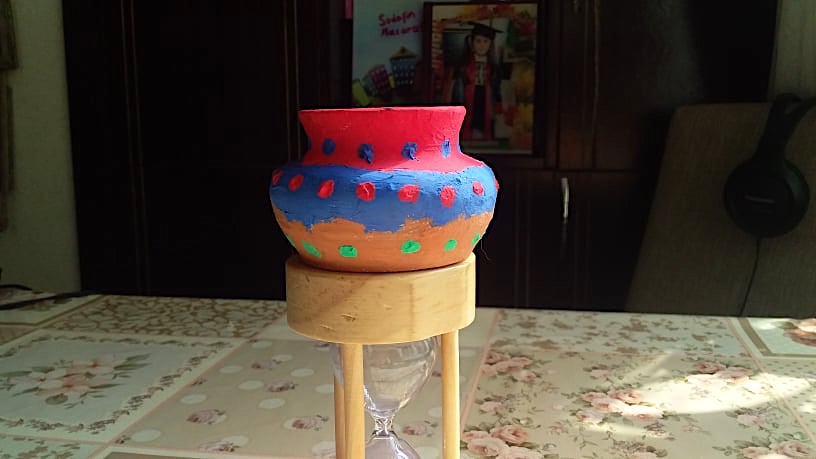
How to stop the transmission of trauma from generation to generation? Jana Javakhishvili answers:
“Do not expect that this process will be stopped by politicians. Politicians can contribute to the construction of trauma, but more often than not they simply use it.
For example, Slobodan Milosevic, in his election campaign, “unleashed” the trauma associated with the defeat in the Kosovo battle in the 14th century and arranged a collective funeral for Lazar, the Serb commander who was killed 6 centuries ago.
Milosevic was elected, but his manipulation of historical trauma was followed by war and many misfortunes.
I think that each of us, members of societies in open or frozen conflicts, must and can contribute to building peace, freeing children from the burden of our unresolved problems.
The world is unstable if one side loses and the other wins – such a solution is called “win-lose” in conflictology, and it is fraught with the continuation of the conflict.
Therefore, it is necessary to look for mutually acceptable solutions that will enable people on both sides of the conflict to be protected, to live with dignity and prosperity, to proudly wear their identity, but not to reproach or harm the other.
Moving to a win-win mindset is difficult, but it’s worth doing for the sake of our children.”
Trajectories is a media project that tells stories of people whose lives have been impacted by conflicts in the South Caucasus. We work with authors and editors from across the South Caucasus and do not support any one side in any conflict. The publications on this page are solely the responsibility of the authors. In the majority of cases, toponyms are those used in the author’s society. The project is implemented by GoGroup Media and International Alert and is funded by the European Union



